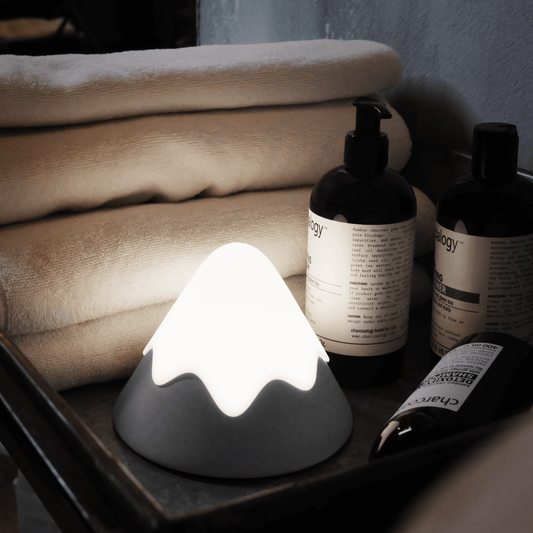Sleep is an essential part of our overall health and well-being, and many people struggle with getting enough quality sleep. Melatonin is a hormone that plays a key role in the body's sleep-wake cycle and has been shown to be effective in improving sleep in people with insomnia and other sleep disorders. In this article, we will delve into the science behind melatonin and its impact on sleep, as well as consider some precautions and potential side effects to be aware of when using this hormone as a sleep aid.

What Is Melatonin?
Melatonin is a hormone produced by the pineal gland in the brain. It is involved in the regulation of the body's sleep-wake cycle. When it is dark, the pineal gland releases more melatonin, which makes a person feel tired and ready to sleep. When it is light, the pineal gland produces less melatonin, which helps a person feel more alert and awake.
Melatonin has been shown to be effective in improving sleep in people with insomnia and other sleep disorders. It can also help with jet lag by resetting the body's internal clock.
How Do Melatonin and Serotonin Work Together?
Melatonin and serotonin are two hormones that play important roles in the body's sleep-wake cycle. They work together to regulate sleep and mood.
Serotonin is a neurotransmitter that is involved in a variety of functions in the body, including mood, appetite, and sleep. It is produced in the brain and intestines and is essential for maintaining healthy sleep patterns. When serotonin levels are low, a person may experience symptoms such as insomnia, irritability, and depression.

Melatonin, on the other hand, is a hormone produced by the pineal gland in the brain that helps regulate the body's sleep-wake cycle. It is released in response to darkness and helps a person feel tired and ready to sleep.
The relationship between melatonin and serotonin is complex, but it is thought that serotonin may play a role in the production and release of melatonin. For example, serotonin is converted into melatonin in the pineal gland. In addition, serotonin is believed to help regulate the body's internal clock, which is important for the proper functioning of the sleep-wake cycle.
In summary, melatonin and serotonin work together to regulate sleep and mood in the body. Serotonin helps regulate the body's internal clock and may play a role in the production and release of melatonin, while melatonin is released in response to darkness and helps a person feel tired and ready to sleep.
How Can I Increase My Melatonin Levels?
Melatonin supplements are available over-the-counter and can be taken orally as a pill, liquid, or chewable tablet.
There are some precautions to consider when taking melatonin. It is not recommended for use by children under the age of 18 without the guidance of a healthcare provider. It is also not recommended for use during pregnancy or while breastfeeding. Some people may experience side effects such as dizziness, headache, or nausea when taking melatonin.
It is important to talk to a healthcare provider before taking melatonin or any other sleep aid. They can help determine the appropriate dosage and potential interactions with other medications. A healthcare provider can also help determine the underlying cause of sleep problems and recommend other treatment options if necessary.
Is There A Natural Way To Increase My Melatonin Levels?
There are several natural ways to increase your melatonin levels:
-
Expose yourself to natural light: Melatonin is released in response to darkness, so increasing your exposure to natural light during the day can help regulate your body's internal clock and boost melatonin production at night.
-
Avoid screens before bed: The blue light emitted by screens (such as phones, tablets, and TVs) can suppress melatonin production and make it harder to fall asleep. Avoid screens for at least an hour before bedtime.
-
Eat a healthy diet: Some foods, such as tart cherries, walnuts, and eggs, contain high levels of melatonin and may help boost production of the hormone.
-
Exercise regularly: Regular physical activity has been shown to improve sleep quality and increase melatonin production.
-
Create a bedtime routine: Establishing a consistent bedtime routine can help signal to your body that it is time to wind down and sleep. This can include activities such as reading, listening to calming music, or taking a warm bath.

It's important to note that these are general suggestions and may not work for everyone. If you are experiencing sleep problems, it is always best to consult with a healthcare provider for personalised advice and treatment.
In summary, melatonin is a hormone produced by the body that plays a role in the regulation of sleep. It can be helpful in improving sleep in people with insomnia and other sleep disorders, but it is important to consult with a healthcare provider before taking it.




















